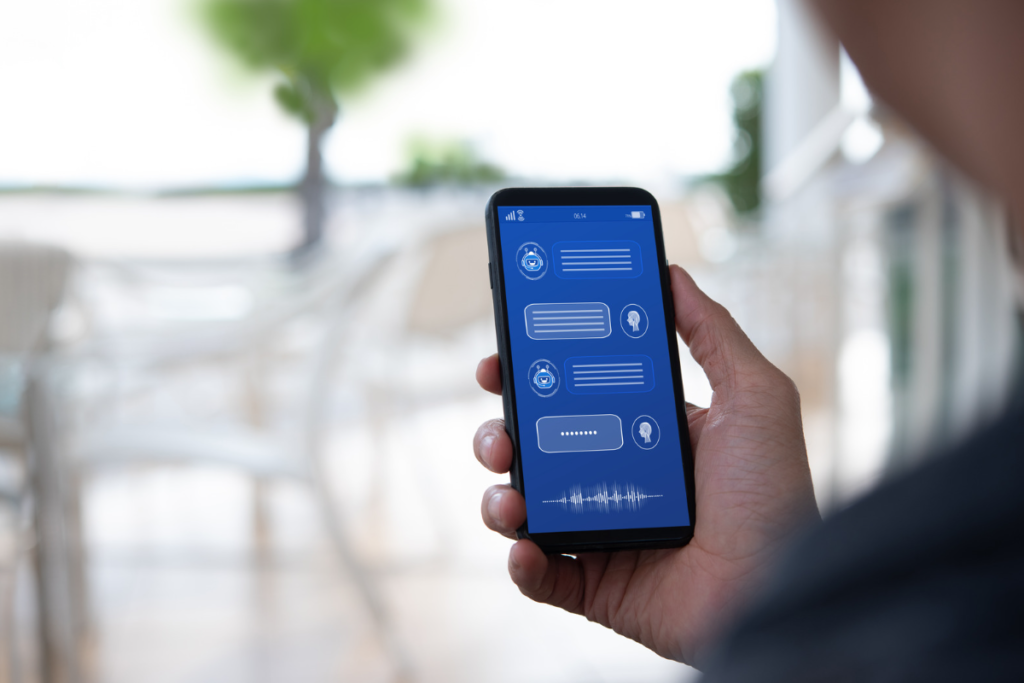
In the healthcare industry, triage is a critical process that helps to prioritise patient care based on the severity of their condition. Traditionally, triage has been done manually by healthcare professionals, but with advances in technology, there are now opportunities to improve the triage process through the use of digital tools and data-driven decision-making. In this article, we’ll explore what triage is, why it’s important, and how technology is being used to improve it.
What is Triage?
Triage is a process of prioritising patients based on the severity of their condition. This helps healthcare professionals determine who needs urgent care and who can wait, and ensures that resources are used efficiently. Triage can be done in a variety of healthcare settings, including emergency rooms, clinics, and telemedicine platforms.
Why is Triage Important?
Triage is an essential part of the healthcare system because it allows healthcare providers to identify patients who need urgent care and prioritise their treatment accordingly. This can be life-saving in emergency situations, where every minute counts. Triage also helps to reduce wait times and improve patient outcomes by ensuring that resources are used efficiently.
Examples of Tech Improving Triage
Technology is being used in a variety of ways to improve the triage process in healthcare. For example, telemedicine platforms are enabling patients to receive triage and care remotely, reducing the need for in-person visits. AI-powered chatbots are being used to triage patients based on their symptoms, providing quick and accurate assessments. Wearable devices are collecting data on patients’ health, allowing healthcare providers to monitor their condition remotely and make timely interventions.
Current Challenges and Future Developments
While technology has the potential to improve the triage process, there are also challenges to overcome. One challenge is the need for accurate data, as inaccurate data can lead to incorrect triage decisions. Another challenge is the need for interoperability, as different healthcare systems and devices may not communicate with each other effectively.
In the future, we can expect to see further developments in AI-powered triage, with more advanced algorithms and machine learning models. Wearable devices are also likely to become more sophisticated, collecting more data and providing more detailed insights into patients’ health.
In Summary
Triage is a critical process in healthcare, allowing healthcare providers to prioritise patient care based on the severity of their condition. Technology is being used to improve the triage process, with telemedicine platforms, chatbots, and wearable devices all playing a role. While there are challenges to overcome, such as the need for accurate data and interoperability, the future looks promising for AI-powered triage and wearable devices that can provide more detailed insights into patients’ health.
SciQ is a specialist HealthTech recruitment company, working with leading HealthTech organisations. If you’re interested in a career in HealthTech, contact us to learn more.



